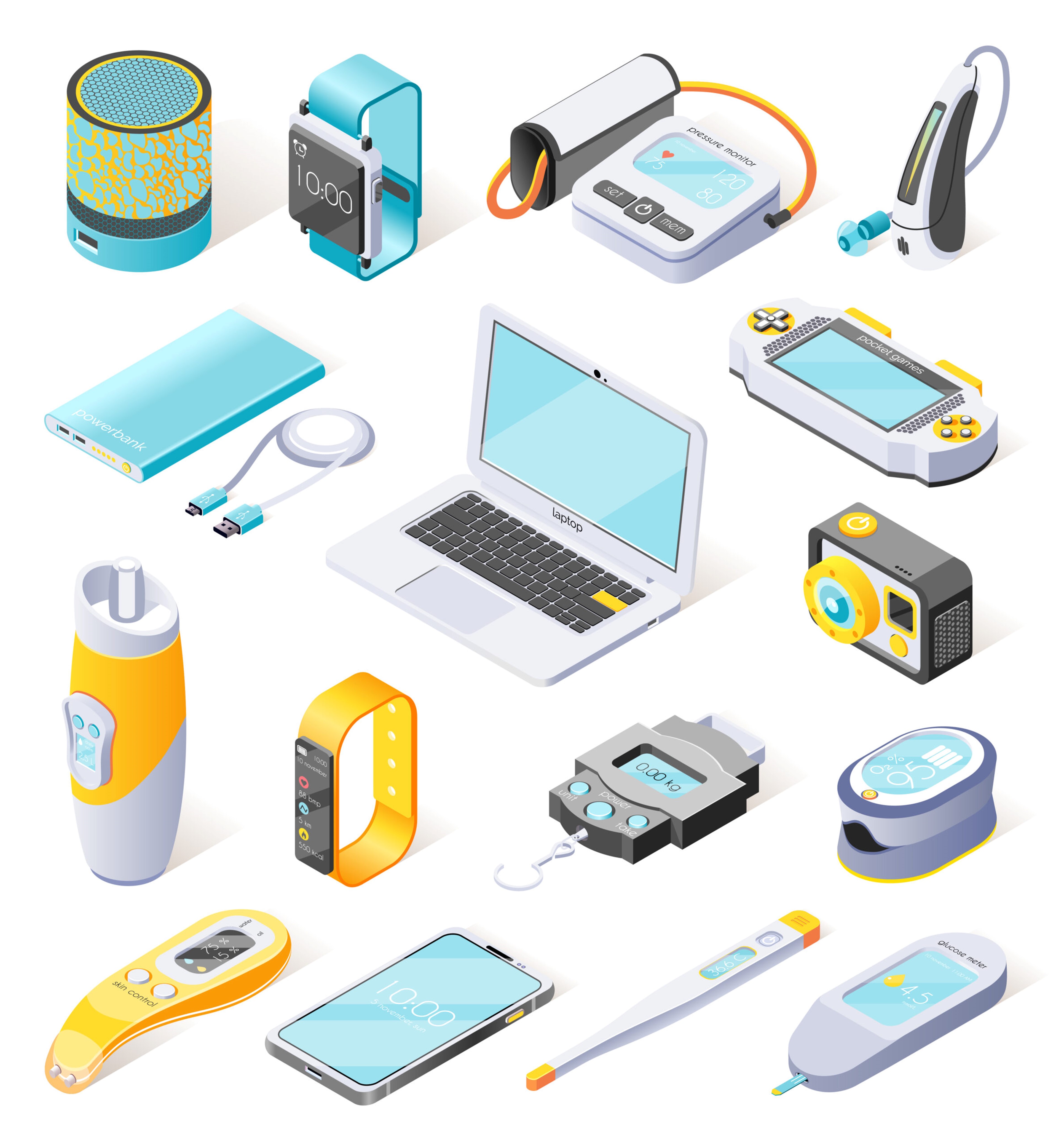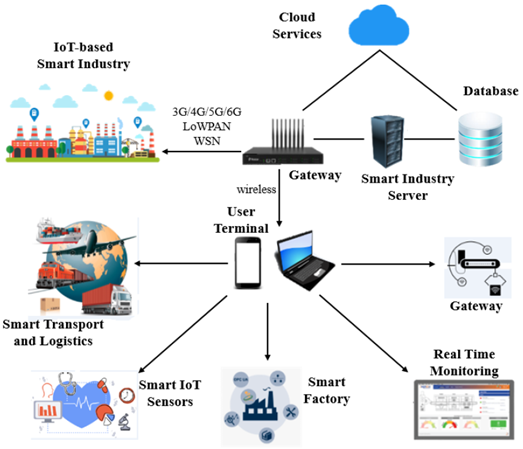In today’s rapidly evolving technological landscape, customized electronics are revolutionizing industries by offering tailored solutions that meet specific user and business needs. From healthcare devices to smart home automation, the demand for bespoke electronic components and systems is growing exponentially, shaping the future of product development.
The Rise of Customization in Electronics
Traditional mass production of electronic components often fails to address the unique requirements of niche applications. Companies are increasingly seeking customized electronics to enhance performance, improve efficiency, and optimize integration into their specific products. With advancements in PCB design, embedded systems, and IoT technology, manufacturers now have the ability to develop electronic solutions that precisely fit their applications, ensuring superior functionality and competitive differentiation.
Key Sectors Benefiting from Custom Electronics
1. Medical and Healthcare
The healthcare industry relies on customized electronic devices such as wearable health monitors, implantable medical devices, and diagnostic equipment tailored to patient needs. These devices must meet stringent regulatory standards while providing high accuracy and reliability.
2. Automotive and Transportation
The rise of electric vehicles (EVs) and autonomous driving technology has created a need for custom electronic solutions, including advanced battery management systems, in-vehicle sensors, and infotainment systems tailored to different manufacturers’ specifications.
3. Consumer Electronics
From smartwatches to wireless earbuds, personalized electronics have become a key differentiator in the consumer market. Companies are focusing on ergonomic designs, advanced connectivity, and enhanced user experiences driven by custom electronic components.
4. Industrial and IoT Applications
Industrial automation and IoT solutions require specialized electronics for sensors, controllers, and communication modules. Customization enables seamless integration, better durability, and improved efficiency in industrial environments.
Challenges and Future Outlook
Despite the benefits, the development of customized electronics presents challenges such as increased development costs, longer lead times, and the need for specialized expertise. However, advancements in rapid prototyping, 3D printing for circuit boards, and AI-driven design automation are helping overcome these hurdles, making custom electronics more accessible than ever before.
As demand for unique, high-performance solutions continues to rise, customized electronics will play a pivotal role in shaping the future of technology. Companies that invest in tailored electronic solutions will gain a competitive edge, delivering superior products that align with specific user needs and industry requirements.
Post time: Mar-27-2025








